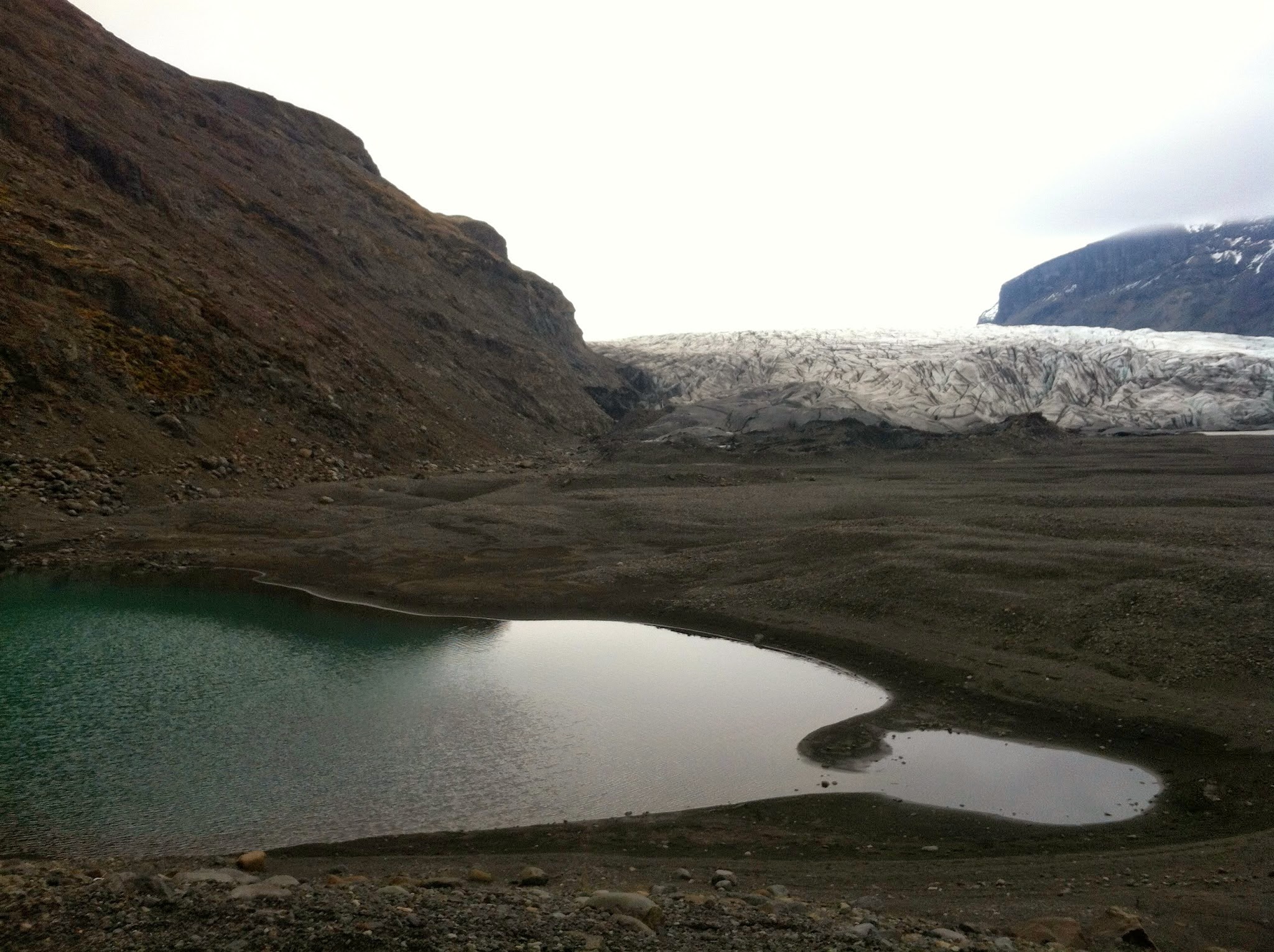
Today I stood in the Poetry section of Boulder Bookstore, closed my eyes, and randomly selected a book from which I randomly selected a page. The book was The Selected Poems of Mary Oliver and the poems were magnificent. She seems to be still alive.
I bought the book; it was even used! I've had good luck with selecting poetry books this way, I've tried a more orderly approach (i.e. only select female poets, or only Ann Sexton, or whichever title is the catchest; but I am always disappointed).
The poem I read first was "Two Kinds of Deliverance." The title alone piqued my interest, the poem was appropriately about Spring:
1
Last night the geese came back,
slanting fast
from the blossom of the rising moon down
to the black pond. A muskrat
swimming in the twilight saw them and hurried
to the secret lodges to tell everyone
spring had come.
And so it had.
By morning when I went out
the last of the ice had disappeared, blackbirds
sang on the shores. Every year
the geese, returning,
do this, I don’t
know how.
2
The curtains opened and there was
an old man in a headdress of feathers,
leather leggings and a vest made
from the skin of some animal. He danced
in a kind of surly rapture, and the trees
in the fields far away
began to mutter and suck up their long roots.
Slowly they advanced until they stood
pressed to the schoolhouse windows.
3
I don’t know
lots of things but I know this: next year
when spring
flows over the starting point I’ll think I’m going to
drown in the shimmering miles of it and then
one or two birds will fly me over
the threshold.
As for the pain
of others, of course it tries to be
abstract, but then
there flares up out of a vanished wilderness, like fire,
still blistering: the wrinkled face
of an old Chippewa
smiling, hating us,
dancing for his life.
There is another poem titled "When Death Comes." I suppose it is everyone else's favorite as well, since it wasn't hard to find in full here.
When death comes
like the hungry bear in autumn
when death comes and takes all the bright coins from his purse
to buy me, and snaps his purse shut;
when death comes
like the measle-pox;
when death comes
like an iceberg between the shoulder blades,
I want to step through the door full of curiosity, wondering;
what is it going to be like, that cottage of darkness?
And therefore I look upon everything
as a brotherhood and a sisterhood,
and I look upon time as no more than an idea,
and I consider eternity as another possibility,
and I think of each life as a flower, as common
as a field daisy, and as singular,
and each name a comfortable music in the mouth
tending as all music does, toward silence,
and each body a lion of courage, and something
precious to the earth.
When it's over, I want to say: all my life
I was a bride married to amazement.
I was a bridegroom, taking the world into my arms.
When it's over, I don't want to wonder
if I have made of my life something particular, and real.
I don't want to find myself sighing and frightened
or full of argument.
I don't want to end up simply having visited this world.
I LOVE this poem. I am, however, not particularly curious about death. I don't really think anything unexpected will happen, aside from awestricken-ness of the eternal silence in that "cottage of darkness." I love how she thinks about time and eternality; I have written similar things, but much less eloquently.
Just for good measure, I will include another new favorite from Oliver, "Lightening":
The oaks shone
gaunt gold
on the lip
of the storm before
the wind rose,
the shapeless mouth
opened and began
its five-hour howl;
the lights
went out fast, branches
sidled over
the pitch of the roof, bounced
into the year
that grew black
within minutes, except
for the lightening - the landscape
bulging forth like a quick
lesson in creating, then
thudding away. Inside,
as always,
it was hard to tell
fear from excitement:
how sensual
the lightning’s
poured stroke! and still,
what a fire and a risk!
As always the body
wants to hide,
wants to flow toward it - strives
to balance while
fear shouts,
excitement shouts, back
and forth - each
bolt a burning river
tearing like escape through the dark
field of the other.
UHH
I won't say what it reminds me of, but I will say it's great she wrote this and that I have read it, so now I will not attempt to write some dribble trying to express the same sentiments.
There's one more of course, I like it for the personification of Lilies and their relationship to hummingbirds. Particularly "if I were a Lily/ I think I would wait all day / for the green face/ of the hummingbird/ to touch me."
Romanic, I guess.
Hmmmm.
Actually instead of quoting that one (you can read it here), There is Another.
Sunrise
You can
die for it --
an idea,
or the world. People
have done so,
brilliantly,
letting
their small bodies be bound
to the stake,
creating
an unforgettable
fury of light. But
this morning,
climbing the familiar hills
in the familiar
fabric of dawn, I thought
of China,
and India
and Europe, and I thought
how the sun
blazes
for everyone just
so joyfully
as it rises
under the lashes
of my own eyes, and I thought
I am so many!
What is my name?
What is the name
of the deep breath I would take
over and over
for all of us? Call it
whatever you want, it is
happiness, it is another one
of the ways to enter
fire.
I could just quote the entire book.



